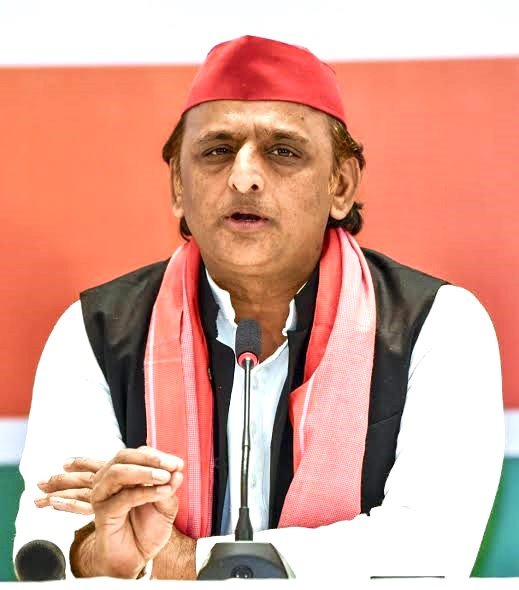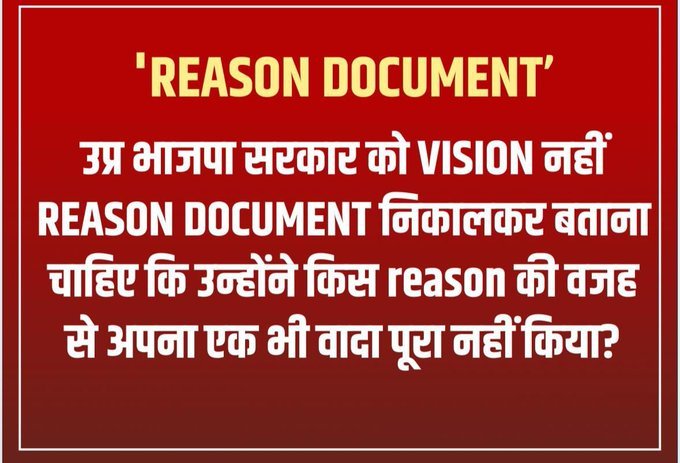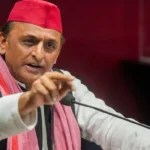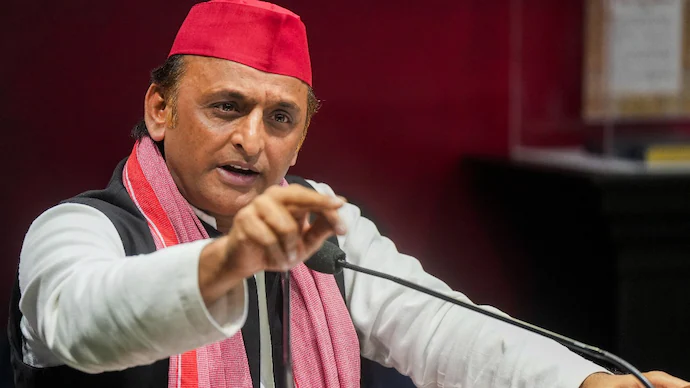
BY MOHAMMAD TARIQUE SALEEM
In a sharp political salvo, Samajwadi Party (SP) chief Akhilesh Yadav has launched a blistering attack on the Bharatiya Janata Party (BJP) government, accusing it of failing to deliver on its promises. Taking to his X (formerly Twitter) account, Yadav suggested that instead of unveiling grandiose Vision Documents, the BJP should come forward with a ‘Reason Document’, a detailed explanation of why it has failed to fulfill even a single promise it made to the people.

Yadav’s statement reflects a growing sentiment among sections of the public and opposition parties that the BJP’s governance has been more about slogans and optics than actual delivery. According to him, a government’s credibility lies in tangible action, not in repeated rebranding of old promises through glossy vision statements. The term ‘Reason Document’ itself has struck a chord online, as it turns the ruling party’s narrative on its head, compelling them to justify their performance rather than paint future dreams.
The SP leader’s criticism comes at a politically crucial time, with elections around the corner and public scrutiny intensifying. Over the past decade, the BJP has issued multiple manifestos and policy roadmaps promising sweeping reforms in employment generation, farmers’ welfare, education, healthcare, and infrastructure. However, Yadav argues that the ground reality tells a different story, rising unemployment, agrarian distress, price inflation, and growing discontent among youth.
By calling for a Reason Document, Yadav is essentially challenging the government to engage in honest accountability. He implies that governance is not about shifting goalposts but about meeting commitments. Such a document, if ever produced, would need to address why promised jobs didn’t materialize, why farmers’ incomes haven’t doubled, and why inflation control remains elusive.
The statement also aligns with Yadav’s broader political strategy of positioning the Samajwadi Party as a voice for the marginalized, rural communities, and the unemployed youth. In recent months, he has intensified his rhetoric against the BJP, aiming to consolidate anti-incumbency sentiments. Whether the BJP will respond to this demand remains uncertain.
Historically, ruling parties tend to focus on projecting achievements rather than dissecting shortcomings. Yet, Yadav’s challenge underscores a deeper truth of democratic politics, voters deserve not just promises but explanations when those promises fail. As political temperatures rise, this Reason Document debate could well become a flashpoint in the ongoing war of words, forcing the ruling dispensation to either defend its record or face the electoral consequences of unmet commitments.










